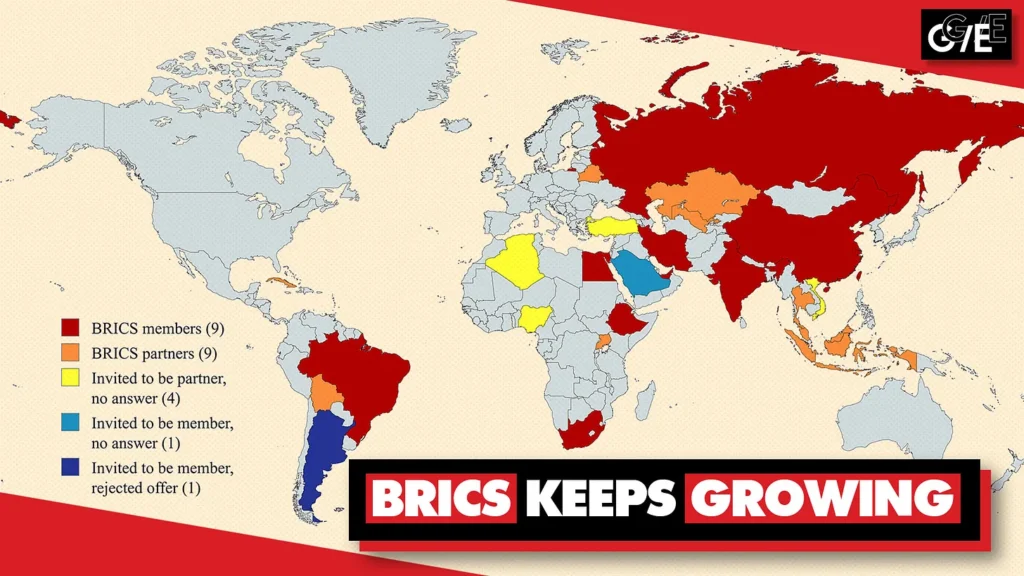The United Kingdom has been granted a reprieve from newly announced U.S. metal tariffs that would have doubled duties on imported steel and aluminum. Former President Donald Trump, who is seeking another term in the upcoming election, recently unveiled plans to increase tariffs from 25% to 50% on steel and aluminum products entering the United States. This move, according to Trump, is intended to protect American industries from what he describes as unfair competition and national security threats, particularly concerning the import of cheap metals from China. However, the UK has been temporarily exempted from these measures, giving both governments a short but critical window to finalize a new trade agreement.
The UK’s exemption, set to last five weeks, hinges on the successful implementation of the Economic Prosperity Deal that the UK and the U.S. signed on May 8, 2025. This agreement aims to establish a zero-tariff quota on UK steel and aluminum exports, provided that the UK meets strict U.S. requirements designed to ensure that no Chinese-origin metals enter the American market through British supply chains. While the deal represents a significant opportunity for UK exporters, it also presents challenges, as companies must now verify and document the origins of all materials used in their products to remain compliant.
The British government, particularly the Department for Business and Trade, has been working intensively to finalize the technical details required by the deal. Business Secretary Jonathan Reynolds has been in constant dialogue with U.S. officials in an effort to protect UK manufacturing jobs and reassure companies about long-term access to the American market. Despite the temporary exemption, British steel and aluminum producers are already reporting losses and disruptions. Several U.S. buyers had preemptively paused orders from the UK, fearing tariffs would be implemented immediately, thereby driving up prices and reducing competitiveness.
The situation highlights the fragility of transatlantic trade relations and the significant influence U.S. policy decisions continue to have on UK industries. Industry leaders have urged the UK government to move quickly to satisfy the remaining conditions of the deal before the July 9 deadline, warning that failure to do so could cost jobs and damage long-standing trade relationships. As talks continue, businesses remain cautiously optimistic that a final agreement can be reached, securing tariff-free access and averting a damaging escalation in trade tensions.



